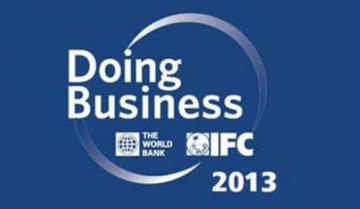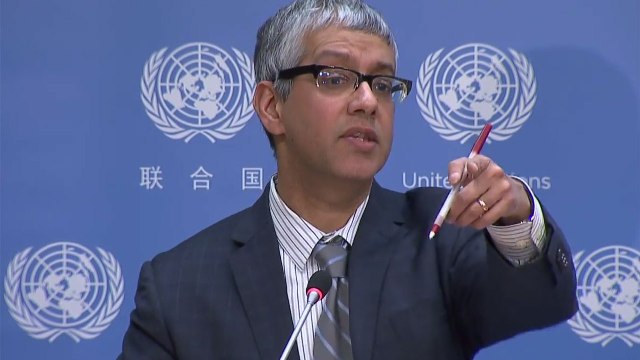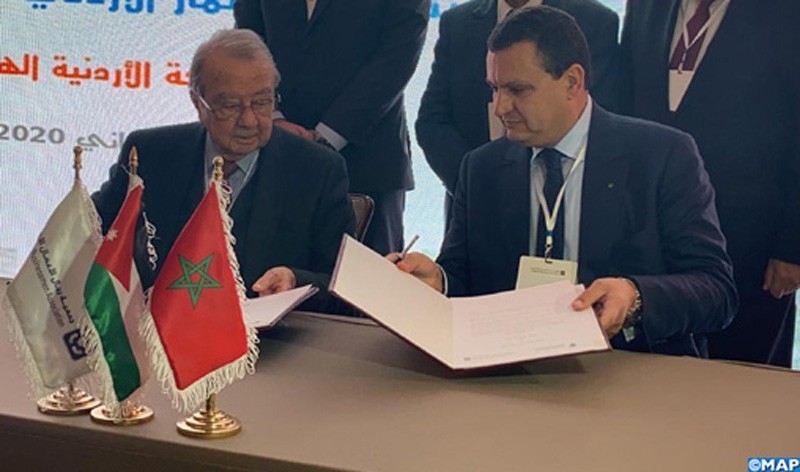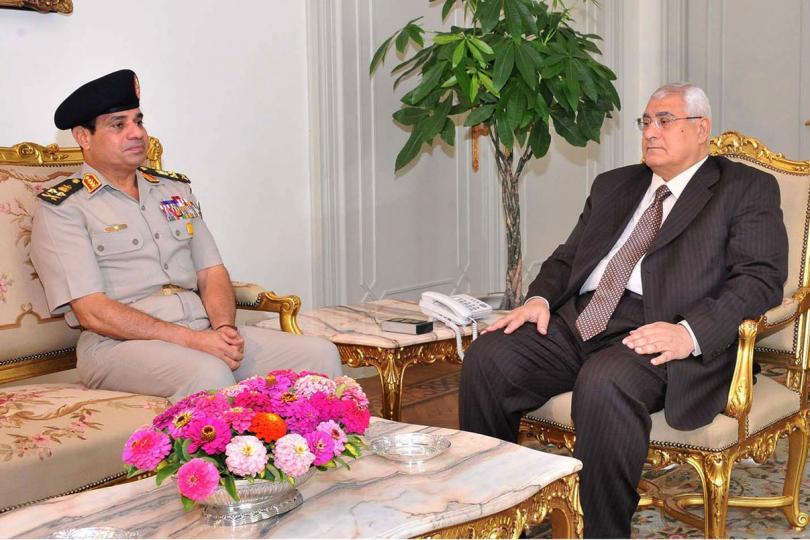Doing business in North Africa seems to be very challenging and still largely for the intrepid. The World Bank’s annual survey ‘Doing Business’ provides data on the relative easiness (or difficulty) of running a business around the world. A high ranking on the ease of doing business index means the regulatory environment is more conducive to the starting and operation of a local firm.

The index averages the country’s percentile rankings on ten topics (such as starting business, registration of property, getting electricity, legal protection etc.), made up of a variety of indicators, giving equal weight to each topic. Unfortunately, the latest economy rating list benchmarked to June 2012 revealed a rather flaccid attitude of the North African governments towards the institutional support of local firms.
Comparatively to other MENA economies, Tunisia brought the house down with its 50th rank placement, in contrast to Morocco’s 97th, Egypt’s 109th, and Liberia’s 149th positions out of the total 182 listings. The breakdown of the indicators divulges that Tunisia was the most successful in trading across borders, followed by resolving insolvency. Indeed, in Tunisia, it takes roughly 1.3 years to solve insolvency, it is 1.8 years in Morocco, whereas in Egypt it is about 4.2 years. The time span should ideally revolve around one year and less, as it is the case in advanced economies. By contrast, Tunisia has major deficiencies in the availability of credit to potential businesspeople and in dealing with constructions permits.
Morocco, too, did the best in international trading but notched badly in property registration, credit access, protecting investors and paying taxes. Investors in Morocco must count with 238 hours needed to prepare and pay taxes. In Tunisia, the number is significantly lower, taking about 140 hours. Just for comparison, in Hong Kong, one can handle taxes in 78 hours and, in Bahrain, even in 58 hours. Egyptians have large problems with contract enforcement, insolvency and constructions, but, on the other hand, they can start up a business relatively easily. On average, it takes just seven days and six procedures in Egypt to establish a firm, in contrast to Tunisia’s eleven days and ten procedures or Morocco’s twelve days and seven procedures. It is noteworthy that major OECD’s countries perform worse in this indicator – in the United Kingdom, one needs up to thirteen days and six procedures to handle the red tape, in Germany, eighteen days and nine procedures and, in Japan, twenty-three days and eight procedures.
The MENA economies need to recognize that FDI is an en engine for economic growth – yet this is not really happening. In fact, all but Morocco (that jumped up by thirty-eight ranks in 2013 when compared to 2012) deteriorated their positions. However, it is not just bureaucracy that hinders business-conducive environment, but also opacity. Investors do not know where to go or whom to ask. Just as good rules are needed to allow traffic to flow in a city, they are also essential to allow business transactions to flow. Good regulations empower business transactions to stream and the private sector to flourish. However, poorly designed directions achieve the opposite and significantly curb business activity.
When it comes to the definition of “good” policies, they should be SMART in the first place, according to ‘Doing Business,’ – streamlined, meaningful, adaptable, relevant and transparent. International practices reveal that SMART regulations should encompass strong legal institutions for investors’ protection, setting credit rules, enforce contracts and solve insolvency, and they should also enable start-ups easily and smoothly. Lessons can be taken from many different countries around the world and exemplary solutions might be introduced also in the MENA region.
Making it easy to start a business might be done by the means of online registration or no minimum capital requirement, and a risk-based business approval can be introduced to facilitate construction permits, whereas electronic database for encumbrances or cadastre information online can be used to make property registration easy. Taxes can be handled through electronic filling and payment or one tax per base policy, inasmuch as credit can be accessed easily by allowing a general description of a collateral, and insolvency can be tackled by setting time limits for the majority of distress procedures or by the provision of legal framework for out-of-court workouts.
Doing business in North Africa calmly is an important prerequisite for making economic growth happen. A healthy business environment is essential not only to attract foreign investors, but it is vital also for the local businesses. The governments should ensure both sound and transparent institutional background so that a two-tier development process can fully unfold – through foreign FDI but also through local medium and small enterprises that will in turn employ the young and jobless.


